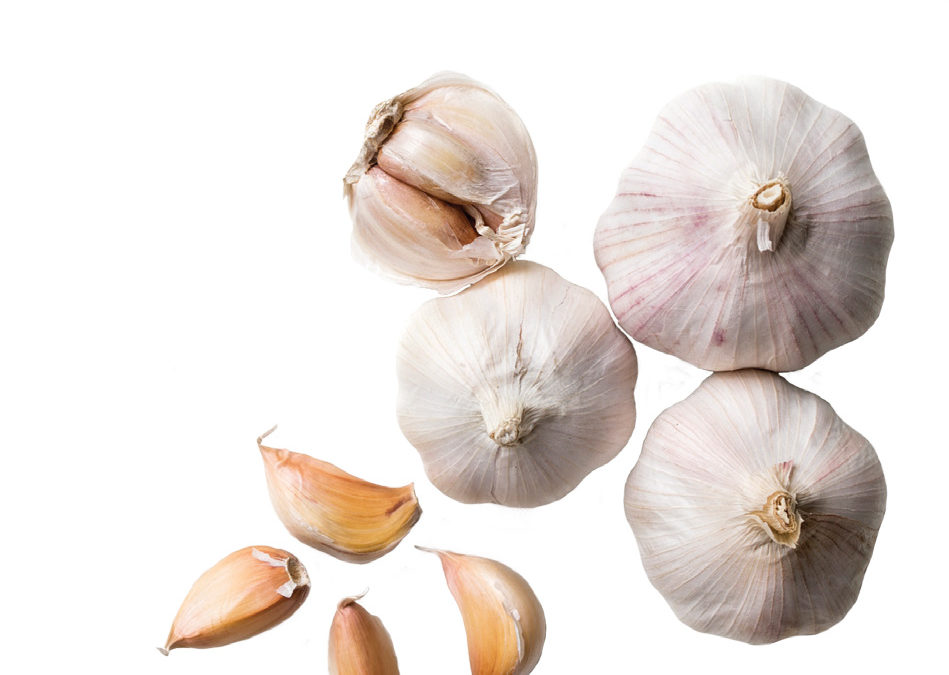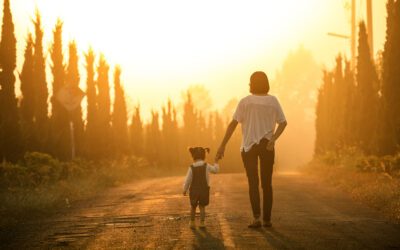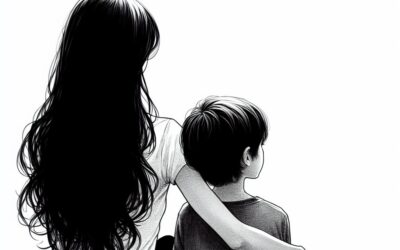by Venice R. Williams–
Four years later, what I remember is that it was a beautiful, quiet November morning. The children had left for school, and I had just finished the breakfast dishes. I was packing my garden bags with Elephant Garlic, Chesnok Red Garlic and Russian Giant Garlic—getting ready to test my green thumbs on cultivating garlic for the first time. I envisioned aromatic cloves resting and growing in the soil for eight months, after which I would harvest the garlic in July, to be enjoyed long into cold winter months. We’d have vegetable stir-fries, garlic mashed potatoes, roasted garlic cauliflower, James Beard’s Garlic Soup, garlic hummus and Martha Stewart’s Roasted Chicken with Forty Cloves of Garlic. Maybe I would share some with my husband to put in his morning smoothies. Maybe.
As I was loading bags and tools into the truck, my cellphone rang. I’ll see who it is later, I thought. I didn’t answer. Right away, my phone began ringing again. I picked up the phone, saw the name and thought: My father never calls me. I call him. I sat down on my front stoop, inhaled deeply, and answered.
“You need to come,” he said. “I am telling them that I am ready to go, but they are not hearing me.” He continued: “I am going into hospice tomorrow, and I will stop taking my heart medication. I will be gone by the end of the week.” He paused. “You need to come and get them ready. They will listen to you.” There was a short silence.
“Venice, I am ready to die,” he said.
“Okay, Daddy.” I heard the words come from my mouth. “I will be there tomorrow.” I hung up the phone. Immediately I called my brother in Atlanta. “We need to get to Pittsburgh by tomorrow,” I told him. No tears; no fear. “Daddy is going into hospice.”
We had a brief conversation. My brother is 13 months older than I am, but when people ask him which of us is the oldest, he answers, “I was born first but she is the oldest.” Then I continued packing my vehicle with everything I would need to get through the day. A gallon of water for drinking. A nozzle to attach to the hose for watering the garlic, once planted. A trowel, garden hand fork and worm compost for feeding the soil. A turkey sandwich and Honeycrisp apples for feeding me. I know I drove myself there, but I do not remember the journey. Before getting out of the truck, I made a call and purchased a one-way ticket to my hometown. In the hours that followed, I planted garlic in my personal garden plot at Alice’s Garden Urban Farm and Community Garden.
Almost four years later, I still had not harvested that garlic. I had not wanted to. As long as that garlic lived, I believed a part of my father had life in that earth, that soil, and that he was with me in the garden. When I planted each garlic clove, I poured into that section of land the memories of life with my dad, the love my father and I shared, and tears of mourning for what I knew would soon no longer be available to me. His incredible meals. His voice, on the other end of the phone. His wink, that always conveyed, “I love you. I see you.”
The garlic had become a sacred connection to the man who named me and helped mold me. I was not ready to unearth it. Any of it. Within 48 hours of planting that garlic and traveling to Pittsburgh, my daddy died. I held his hand as he took his final breaths. I crawled onto that hospice bed and snuggled next to him, even after his body had gone cold. I had played the role of Family Death Doula, guiding one I loved through his final hours with us. Yet years later, I still had not let go. And garlic recipes still waited to be assembled and served. Soil longed to be turned over. New seeds thirsted for a home in that very ground.
One Monday in July I awakened. Although I had not eaten any garlic the day before, here was its pungent, savory taste, lingering in my mouth. Weeks prior, my mother had packed and shipped her belongings to my brother’s home in Atlanta. She signed a deed for the home she and my father bought together, giving it to my younger sister. At age 76, for the first time in her life, she moved out of Pennsylvania to begin a new life in Georgia—a life that would be lived without the man she was married to for more than 50 years.
Surely, I could harvest a patch of garlic.
Again, I packed the tools needed for the task ahead. I made my way to Alice’s Garden. Using the scissors I normally reserved for harvesting herbs, I began to cut the bindweed that had entangled itself on the garlic scapes. I had expected tears, but only songs found their way out of my mouth. The words of Psalm 126 came to mind, even though I could not put them all together while I uncovered the garlic.
“May those who sow in tears reap with shouts of joy. Those who go out weeping, bearing the seed for sowing, shall come home with shouts of joy, carrying their sheaves” (Psalm 126: 5-6).
The scent of garlic was unyielding. So were my musical offerings. Here were songs my father sang lead on in the Faith Lutheran Church Gospel Choir. Songs he would sing as he cooked. Refrains he’d belt out as he drove us to family events, to church, to the store.
I clipped and dug and sang and remembered and released. I gave thanks for what was, and was yet to be. As the earth yielded to me, I yielded to it; a communion like no other.
All was holy. All was well with my soul.
I decided to not harvest all the garlic bulbs. Some were no longer suitable for eating. Besides, a few should remain in the soil to feed it and nourish it—spiritual and physical compost.
This will be a winter of vegetable stir-fries and garlic mashed potatoes, roasted garlic cauliflower, garlic soup, garlic hummus, garlic bread and more. My father—who nourished so many people through meals he prepared for them—will be present at the table when these dishes, abounding with garlic, are served. In the background, the music he loved will be playing—maybe even the recordings he made.
Maybe I will share some with my husband to put in his morning smoothies. Maybe.
Venice R. Williams is executive director of Alice’s Garden Urban Farm and The Body and Soul Healing Arts Center, both in Milwaukee. She is also the developer of a new ELCA worshipping community called The Table, a 1st century-style church in the 21st century.
This article is from the November 2017 issue of Gather magazine. To read more like it, subscribe to Gather.
More like this:
Conflict and boundaries
One of the first words that toddlers learn is “No,” which I used to think this was a bad thing. After all, I’m more of a “yes” person. I want to be helpful. I want to be of service. I don’t want to let people down. I learned this in my family of origin. In some ways,...
The hardest part of parenting
No parent or caregiver wants to get a call from the school principal’s office. Last year, I got that call. “I have your son here in the office with me,” said a school administrator, adding, “There was bullying on the playground.” She relayed the offenses, which...
Seen. Heard. Welcomed.
Do you ever go to church hoping you have enough snacks and “stuff” to keep your child quiet and occupied throughout the worship service? Many of us are familiar with the stigmatizing saying that children “should be seen and not heard,” in places that often include...






Thank you for sharing this. Letting the last thing go can be hard for a long time. My siblings and I think of our mom every time we see a cardinal. I think of my father whenever I unpack from a trip which is ALWAYS done as soon as I get home and everything is put away in its proper place. I remember the hot summer days we all spent canning tomatoes and apples and pears whenever I preserve the garden harvest. We sing the ‘family song’ whenever we have a gathering i.e. more than one of us in the same place.